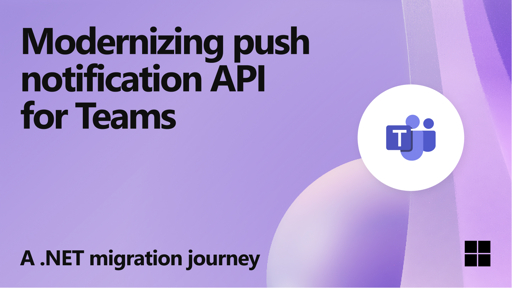

adding some clarifications to the winget portions:
However, the graphical windows for the various installed dependencies still show up, making it obvious that all winget is doing is run the regular setup scripts under the hood.
winget does some default best effort of and on common installer tech to show the least UI necessary. If a UI shows up after all, that indicates to me that the manifest (the article talks about Neovim) does not have the appropriate flags included, or that the installer that the publisher uses does not support it.
Most, but not overwhelmingly, of the stuff I install and upgrade does not show installer windows.
which often leaves your computer full of background processes that only exist to routinely check for updates to a lot of programs in the background
The services are not only for updating in the background and unprompted, but also for installing with admin permissions without asking the user for admin. Stuff installed into C:\Program Files is elevated on admin permissions rather than having user modify permissions, which is a security feature. A consequence is that a convenient update process needs a Windows Service that may install them without requiring the user to have and approve elevated permissions.
As a matter of fact, after installing Neovim, there was actually no way to run it!
This may also be an issue of manifest information for instructing the installer, or installer defaults. Or maybe the installer itself does not provide this?
Either way, of course these things are inherent shortcomings and efforts of integrating third party installers. I just wanted to clarify.
Regarding bad winget experiences: I assume this is not the case anymore, but installing a LibreOffice featureversion upgrade leading to an automatic system reboot without warning or confirmation sucked. lol This was relatively early on in the winget release cycles though.




I too hope on my distros :D